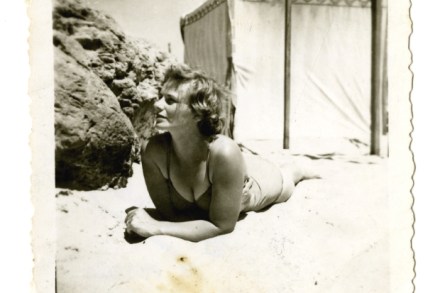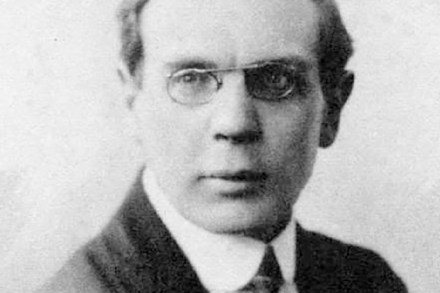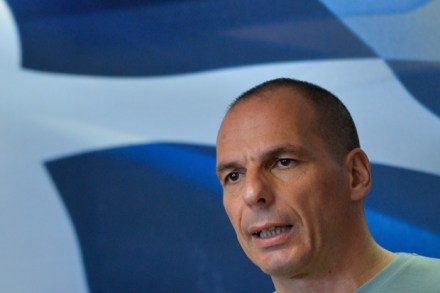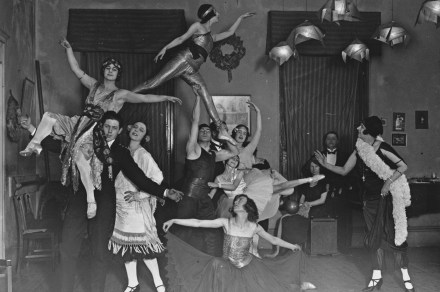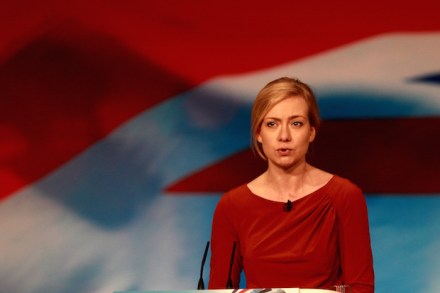Larkin’s misty parks and moors — in all their lacerating beauty
When Philip Larkin went up to St John’s College, Oxford, in the early 1940s, he found himself in a world of deprivation and departures. The arrival of war had ruined any hope he might have had of living the sybaritic student life mythologised by Evelyn Waugh; the majority of the younger dons had departed to serve in the forces or the ministries; the few undergraduates at the college who hadn’t already followed suit could expect to be called up soon. And most were. But Larkin was not. Deemed unfit for active service because of his poor eyesight, he remained at Oxford for the full three years of his degree, while
